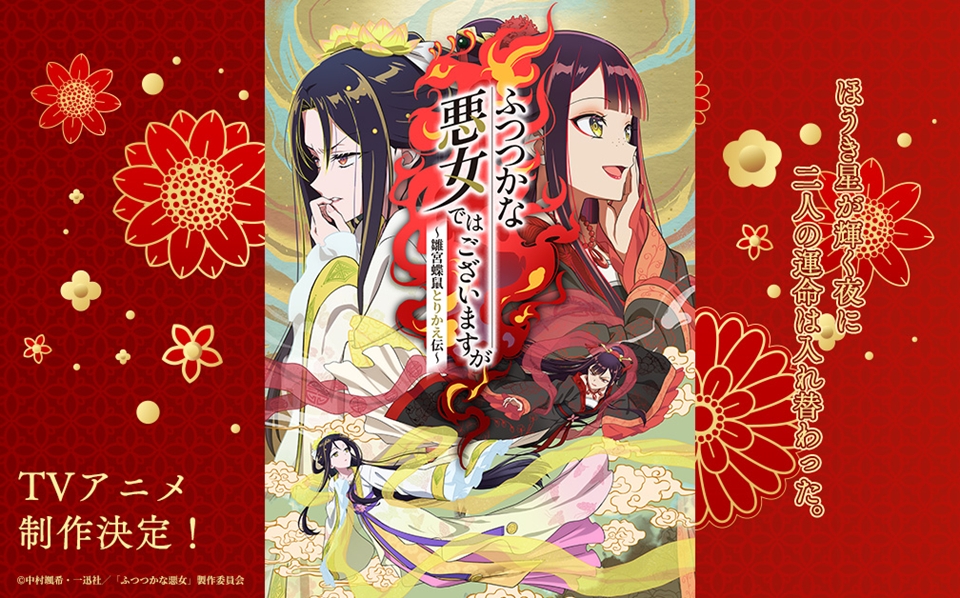A lot of shonen anime are known for their brilliantly animated fight scenes and the high stakes that come with them. For me, personally, the thing that draws me to shonen (and the battles within) is the characters involved, their reasons for fighting, and the camaraderie that generally comes with it. Stories of unbreakable bonds, fighting for the sake of others, and seeing the good in those who are generally written off by society comes with the territory. WIND BREAKER showcases this beautifully and, surprisingly, it does so pretty quickly. Whether it’s a good ol’ fashioned tournament set up or an all-out brawl to kickstart the second season, WIND BREAKER highlights so many of the things that I love about shonen anime. It’s like the series looked at its shonen predecessors, thanked them for their hard work, and decided to unapologetically embrace their lessons immediately. So please let me spend several paragraphs gushing about a blushy delinquent and the good boys who have made space for him, and each other. One of the best things about shonen is how easily the characters will accept people who are different from them. What tends to matter is who they are as a person and how they treat others. If they have a good heart, chances are, a good shonen cast will accept and defend them at all costs. That said, it can take a while for a shonen protagonist to find this kind of acceptance. Delinquents like Yu Yu Hakusho 's Yusuke Urameshi, for example, have a reputation so bad that people badmouth him at his own funeral. Naruto is completely left in the dark as to why the village treats him like an outcast, and even kindhearted boys like My Hero Academia 's Izuku Midoriya are written off at first because they lack something that everyone else has. Haruka Sakura fits right in with these kinds of protagonists, so much so that he’s more comfortable with discomfort when we first meet him. RELATED: WIND BREAKER is an Ode to How Much We Love Delinquents But in WIND BREAKER , people don’t have to be convinced that Sakura and the rest of Bofurin (the delinquent group in the series) are good people. A lot of times, we (the viewer) know that the underdog shonen heroes are worth investing in, but it may take a while for the rest of the cast to get on board. But not only does the entire town love Bofurin, they all openly love Bofurin. They cheer for them during fights. They make sure they’re well fed. The acceptance doesn’t have to be earned over the course of the series; it’s already there. Like most people who are used to being looked down on, Sakura doesn’t know how to handle this. When you spend so much time being made to feel small, you don’t know what to do when someone actually sees you. Perhaps that’s why Sakura is so relatable to me. It’s one thing to walk into a situation and know you have your work cut out for you, but what happens when you… don’t? What happens when everyone around you is actually willing to give you a chance? Maybe it’s just me, but I’m a lot more prepared to defend myself than I am to simply be myself. Sakura’s hesitation is painfully understandable, which is why it's so reassuring to see how patient Bofurin is with him. That said, he’s not the only one given this level of grace. RELATED: Anime to Watch if You Like Yu Yu Hakusho Characters like Nirei, for example, who can’t fight as well as the others, still have a place in Bofurin. He’s not seen as a nuisance, but as a friend worth protecting, and a friend worth training when he’s ready to do so. Not only that, but Nirei’s allowed to move at his own pace, and even praised for his achievements no matter how small he feels they are. But it’s not about the size of his contribution; what matters is that he’s willing to do what he can. Everyone has a part to play, and everyone’s role in the group matters. After WIND BREAKER Season 1’s battle against Shishitoren (where, in the end, they were able to share a meal with their opponents) and the aftermath of season two’s fight against KEEL (where, in the end, they were able to bring Anzai’s friend, Nagato, home), I wasn’t sure how else the series would tackle these themes of kindness and acceptance. Where do you go after Sakura finally opens himself up enough to genuine, relaxed laughter? Then we fully met Tasuku Tsubakino, and my heart soared more than I thought possible. Tsubaki is one of the Four Kings of Bofurin and has earned a lot of respect in the group. He also just so happens to like all things cute and feminine. Much like Sakura, when confronted by the unknown, Tsubaki’s guard is up. While he doesn’t immediately go on the aggressive defensive the way Sakura does, when he first meets the newest addition to Bofurin, Tsubaki says, “I’m sure you thought, ‘a guy shouldn’t dress like that.’ I’m sorry, love. I’d be delighted if you got used to it.” As understanding as Sakura and Bofurin had been shown to be up to this point, there was a very real chance that this would be the exception. For some, characters like Tsubaki are their turning point, no matter how accepting they claim to be. Even amongst a group of outcasts, there’s a fear of being too much of an outcast. What if you’re “too different” from others who defy societal norms? But this is WIND BREAKER , and it proudly insists on keeping its running theme of unapologetic acceptance. RELATED: 10 Anime Delinquents Too Good To Be Bad To me, this is why Tsubaki was included in the first place and why we meet him at the point that we do. If you’ve been with Bofurin through Sakura’s growth, Nirei’s insecurities, and the entirety of Shishitoren’s arc, then you shouldn’t bat an eye about Tsubaki. It feels like a test as everyone waits for Sakura’s reaction to Tsubaki, and it's a test that he passes with flying colors. But the Tsubaki love doesn’t stop there as we find out that Bofurin is not the only place he feels this kind of acceptance. In a touching flashback scene, we see a young Tsubaki feeling at odds with himself about liking fashionable things when boys are expected to be focused on things like toy cars. Thanks to the encouragement he receives from an elderly couple (Ito and his late wife, Yui), Tsubaki is able to embrace the things he loves in a way that leads to the beautiful confidence he exhibits today. It serves as an early lesson of the kind of treatment Tsubaki deserves and, honestly, hits on the importance of accepting people for who they are at a young age. It’s probably one of the most crucial lessons of the series, and one that Bofurin continues to stand by. Within the intense battles we see take place throughout WIND BREAKER , what makes the series special for me is how there’s room for kindness and compassion. Those core values are treated with just as much weight as the fights the characters step into. If anything, living by these standards is what Bofurin is fighting for, and we see the positive effects with each episode. And, honestly, as much as I love a good, well-animated throwdown, my favorite thing about shonen anime is when it dares to have this much of a heart.


